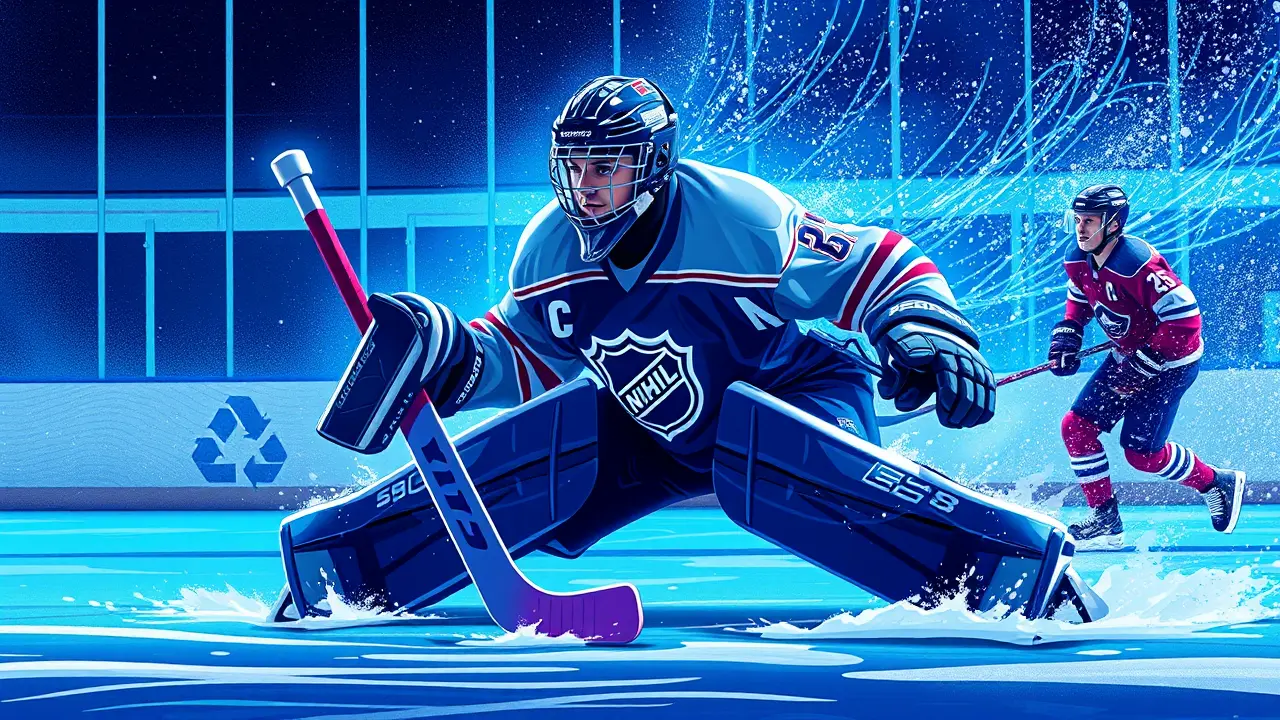Russian MP Zhurova dismisses Hasek's call to ban Russian NHL players.
The ice is heating up off the rink, and this time it’s not about a playoff brawl but a geopolitical slap shot from Czech hockey legend Dominik Hasek that’s been deftly gloved aside by Russian State Duma deputy and Olympic champion speed skater Svetlana Zhurova. Hasek, the former NHL and Spartak goaltending great whose unorthodox style once baffled shooters, has taken a firm political stance, vehemently criticizing the NHL for what he perceives as its failure to compel Russian players to publicly denounce their government's actions, going so far as to suggest the league's silence could have fatal consequences.Zhurova, in a characteristically sharp and dismissive retort, framed Hasek’s outburst as a predictable and isolated rant, asserting that his position holds no water in North America and will find a receptive audience only in the echo chambers of Czech and Ukrainian media. She positioned the NHL not as a political arena but as a bastion of sporting meritocracy, a league that, much like the global football pitches I often analyze, strives to provide a level playing field for athletes irrespective of nationality.Drawing a parallel to how a star player’s off-field controversies can sometimes overshadow their on-pitch genius, Zhurova argued that Hasek is attempting to manipulate the pure sport of hockey for political ends, a maneuver she believes is destined to fail spectacularly. This clash is more than just a war of words between two sporting icons; it’s a microcosm of the intense pressure facing international sports bodies as they navigate the treacherous intersection of global politics and athletic competition.The NHL, akin to football’s governing bodies during various world conflicts, finds itself in an unenviable position, trying to maintain its global brand and the integrity of its competition while external forces demand ideological conformity from its athletes. Historically, the league has walked a fine line, initially condemning the conflict but resisting calls for a blanket ban on Russian players, a move that echoes football's often-controversial decisions to allow teams from nations with contentious governments to compete on the world stage.For the NHL, the calculus is complex: alienating a massive Russian talent pool—players who often possess the game-breaking skill of a Lionel Messi in his prime—would fundamentally alter the league's competitive balance and product quality. Zhurova’s confidence that Hasek’s cries will fall on deaf ears in the NHL’s front offices is likely well-founded; the league’s history suggests a preference for quiet diplomacy and internal handling over public spectacles and forced political statements.This incident underscores a broader, ongoing struggle in sports: are athletes merely entertainers, or are they de facto ambassadors burdened with political responsibility? Zhurova’s rebuttal champions the former, framing the ice as a sanctuary from geopolitical strife, while Hasek demands the latter. The ultimate consequence here is a further politicization of international sport, potentially creating deeper fractures and setting a precedent for how other leagues might handle similar pressures in the future. For now, Zhurova has effectively cleared the puck from the crease, but as any hockey fan knows, the opposition always regroups for another attack.
It’s quiet here...Start the conversation by leaving the first comment.
© 2025 Outpoll Service LTD. All rights reserved.
